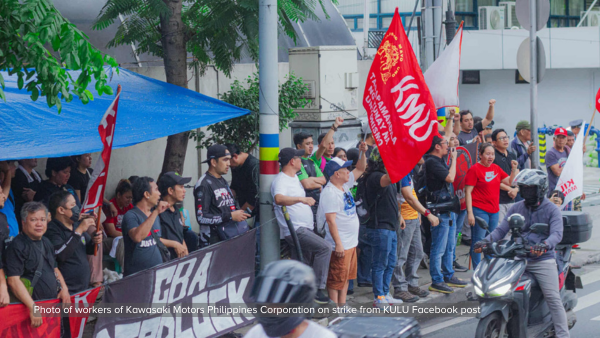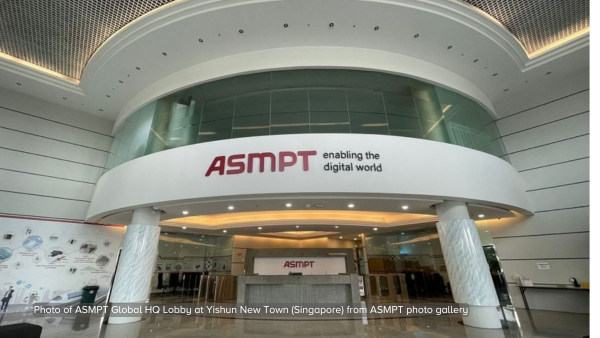On May 7 and 8, in Amsterdam, makeITfair and GoodElectronics hosted a round table for the electronic industry and civil society organisations. The aim was to discuss effective strategies to bring about lasting improvements of labour conditions and respect for labour rights in the global electronics industry.
On May 7 and 8, in Amsterdam, makeITfair and GoodElectronics hosted a round table for the electronic industry and civil society organisations. The aim was to discuss effective strategies to bring about lasting improvements of labour conditions and respect for labour rights in the global electronics industry. A variety of labour issues and possible strategies to tackle these issues were discussed. The effects of the current economic crisis on precarious workers were examined. Specific attention was paid to the concerns and interests of migrant and women workers in Southern production countries as well as in Eastern Europe. A range of effective alternatives to the CSR approach currently adopted by the industry were presented and analysed. Proven approaches applied in the garment and textile industries were presented. Consideration was given to how these could be adopted for the electronics sector.
The participants stressed the importance of further opening up dialogue between industry and civil society. The frank and informal atmosphere (the Chatham House Rule applied) was appreciated and mutual understanding of the different perspectives of the respective parties was boosted. Labour conditions in the electronics industry do not consistently meet international standards – all participants, regardless of perspective or background, agreed on this point. Whether or not companies have a responsibility in addressing these issues did not seem a point of contention either. The participants reflected upon the increasing ‘audit fatigue’ both with manufacturers as well with buyers, and agreed upon the need for complementary tools.
At the same time, civil society participants expressed a clear concern about the apparent lack of willingness of companies to take established standards into account while looking at specific labour issues. The Electronics Industry Citizenship Coalition (EICC), the Global e-Sustainability Initiative (GeSI) as well as a number of individual companies sometimes take responsibility for only selective elements of International Labor Organization conventions. Freedom of association and the right to collective bargaining are internationally established workers’ rights, guaranteed by ILO conventions 87, 98 and 135. National and cultural differences bear no relevance when it concerns the validity of such rights, as was suggested by some during the round table.
During the round table, an initial impetus for substantive follow up activities was developed. makeITfair and GoodElectronics hope to build on these ideas and will call upon electronics companies to develop actions on several key issues. A report of the round table will be made available in a few weeks.









